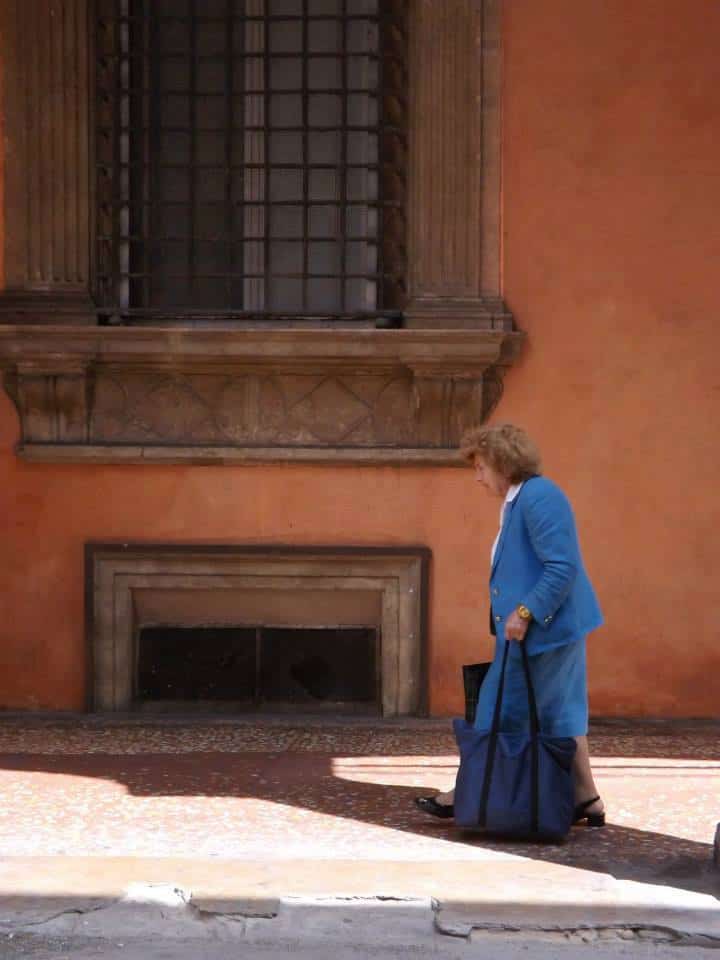Many believe that Italians look young. Although we must be careful with generalizations, and it is important to say that not all Italians look young, and age well, there is a wide enough consensus to allow us to conclude that many Italians do, in fact, look young, and to warrant further investigation.
People want to know what it is about the Italians and their lifestyle that makes them age so well. This post draws on my experience of the Italian culture, as well as facts and scientific research.
Italians look so young because:
- They care about being healthy (and looking healthy)
- They prefer natural looks
- They get a lot of sun exposure
- They have a high vitamin intake and drink a lot of olive oil
- They don’t drink much alcohol
Read on to find out more about why each of these factors contributes to young looks and healthy ageing in Italians.
1. Italians care about their health
It has always struck me how much Italians, as a culture, care about their health. This was first apparent to me when I moved away from Italy, and it coincides with the opinions of several Italian expats that I’ve had the chance to speak to in the years.
In general, Italians are good at looking after their health throughout life, and make sure that they promptly investigate any symptoms of ill health that they may experience. At times, this could be seen to be a slightly hypochondriac attitude but, in actual fact, it ensures that issues around anything from your teeth, to your digestion, to your skin, to your eyes, etc, will get looked into and addressed.
This caring attitude means that Italians are more likely to engage in healthy actions such as eating well, looking after their skin and hair, and their body in general. So, although the main emphasis is not on looks, but on being healthy, it is inevitable that looking after yourself will lead to looking healthy and young, and to a more graceful aging.
Italians also seem to have a clear understanding that looking after oneself, for example by eating the right things, entails a certain amount of effort. This is an understanding that gets passed on within families from one generation to the next and it means that, from a young age, children have a sense of what is good and what is bad for their health.
Although the main emphasis is not on looks, but on being healthy, it is inevitable that looking after yourself will lead to looking healthy and young, and to a more graceful aging.
2. Italians prefer natural looks
Italians prefer natural over glamorous looks when it comes to make-up. A plain and natural-looking face makes a person look younger. This is partly because children don’t use makeup, and therefore a face with no make-up is reminiscent of a more child-like face. Also, excessive foundation accentuates fine lines and wrinkles and clogs pores, in turn leading to skin problems and a less young-looking face.
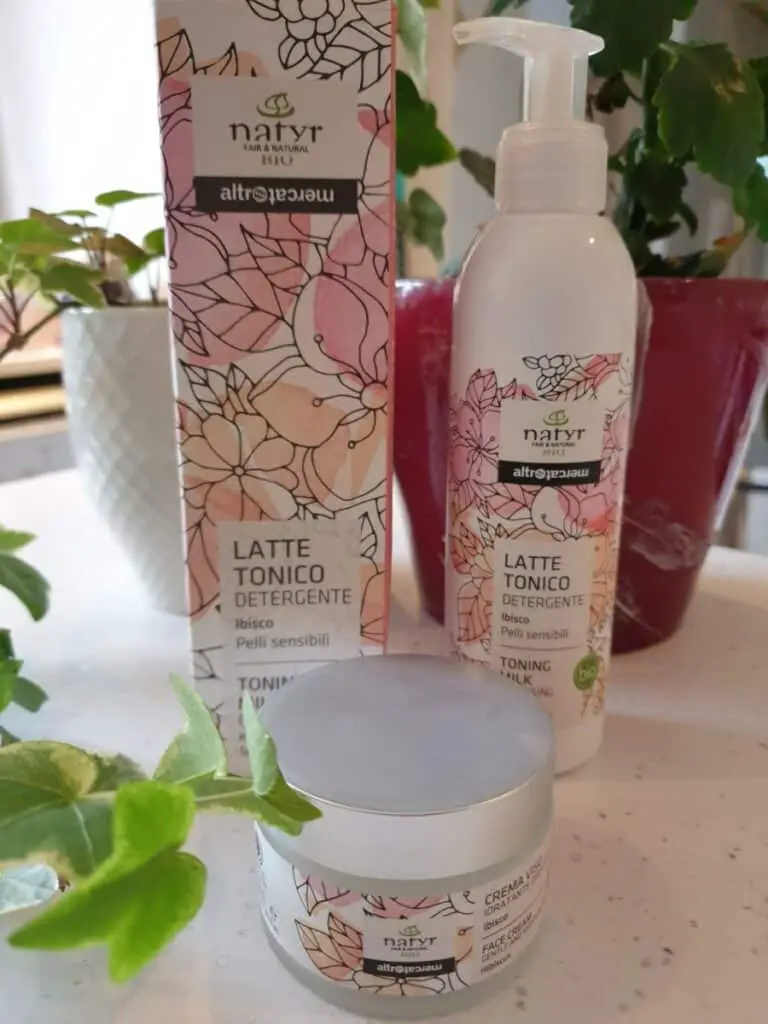
In a similar vein, aggressive hair treatments, such as dyeing and extensions, lead to premature thinning, fake eyelashes can damage your real lashes, and, in terms of whole-body treatments, it is now widely agreed that self tanners can age your skin.
Italians are big on skin care. Below are statistics published by Cosmetica Italia on consumption of cosmetic products in 2019 (measured in millions of Euros spent). For each of the top three categories of cosmetics, I have extracted the top three sub-categories.
| Face products (9 sub-categories totalling 1,516M) | |
| 1st place | Anti-aging and anti-wrinkle creams (665,7M) |
| 2nd place | Hydrating and nourishing creams (266,2M) |
| 3rd place | Face and eye cleansers and make-up removal (168,1M) |
| Body care (8 sub-categories totalling 1,386.7M) | |
| 1st place | Deodorants and anti-perspirants (477,6M) |
| 2nd place | Sun protection (363,6M) |
| 3rd place | Hydrating, nourishing and exfoliating products (223,4M) |
| Body Hygiene (6 sub-categories totalling 1,031.8M) | |
| 1st place | Body wash, bath salts, body oils (424,4M) |
| 2nd place | Intimate hygiene (281,0M) |
| 3rd place | Liquid soaps (165,5M) |
3. Italians get a lot of sun exposure
Italians spend a lot of time outdoors: most of their socialising is done outdoors on a daily basis, such as going for a walk with friends and family or to the beach. This cultural habit no doubt exists because of the favourable Mediterranean weather.
Thanks to the low levels of precipitation all year round, sun exposure is possible in all seasons. Also, during the summer months, between May and October (in some places even November) Italians who live near the coast go to the beach several times a week.
As I wrote in my article “Why do Italians live so long?”, sun exposure can act as a natural anti-age treatment for the Italians. This is because the sun allows the synthetizing of Vitamin D in the body. There is now plenty of evidence that Vitamin D prevents oxidative stress, which is part of the ageing process in the cells, and it is therefore a natural anti-aging.
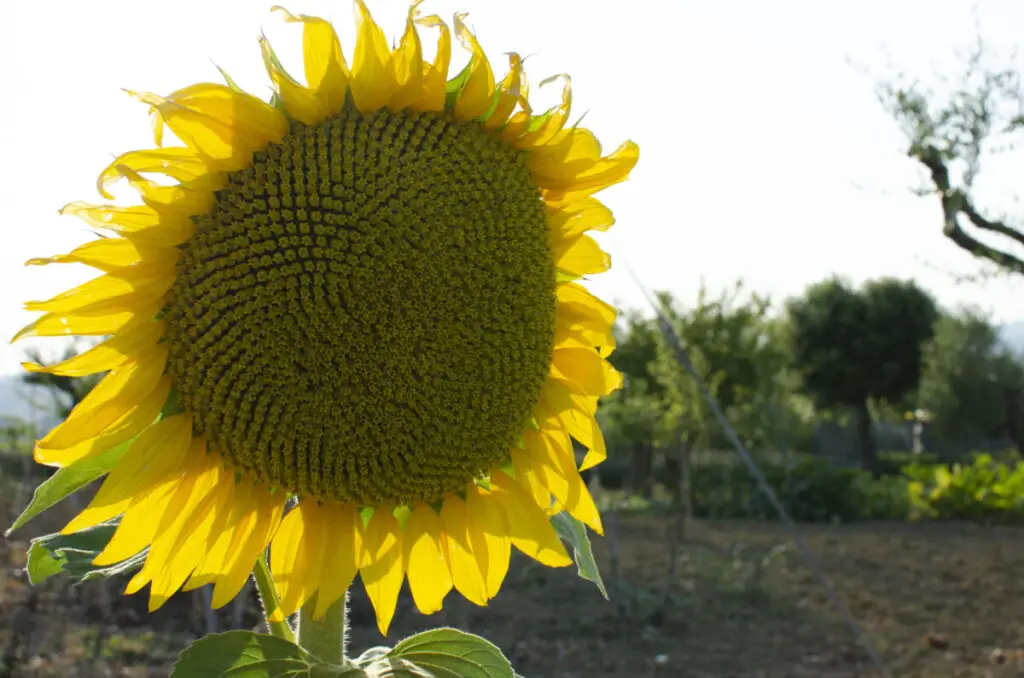
Most Italians have a tan for about six months of the year, and this can give the face a natural, young-looking glow. Do not forget, however, that sun exposure is a double-edged sword: whilst it helps us to age gracefully by reducing oxidative stress, it is also one of the number one causes of face wrinkles! Make sure that you are wearing good-quality sun protection at all times.
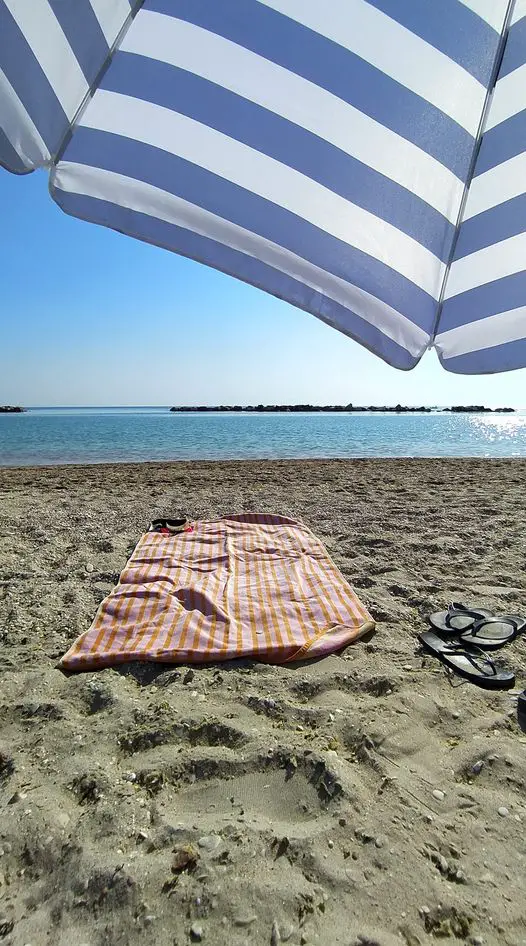
4. The Mediterranean diet has anti-aging properties
Diet plays a massive role in our health, and so there is no doubt that how we feel, how we look and how we age is greatly influenced by what we eat throughout our lifetime. Importantly, diet affects how our skin ages.
The Mediterranean diet has anti-aging properties because it contains:
- Large amounts of fresh fruit and vegetables
- Large amounts of olive oil
Eating fruit and vegetables is a very deeply ingrained habit in Italian people’s diet and these are consumed every day in larger quantities than in other countries, at lunch and dinner, and some people eat fruit in-between meals.
Because fruit and vegetables are commonly bought from the greengrocer’s, rather than from large supermarkets, the produce is fresher and so has a higher vitamin content than non-local produce. Vitamins have been found to promote skin health and beauty.
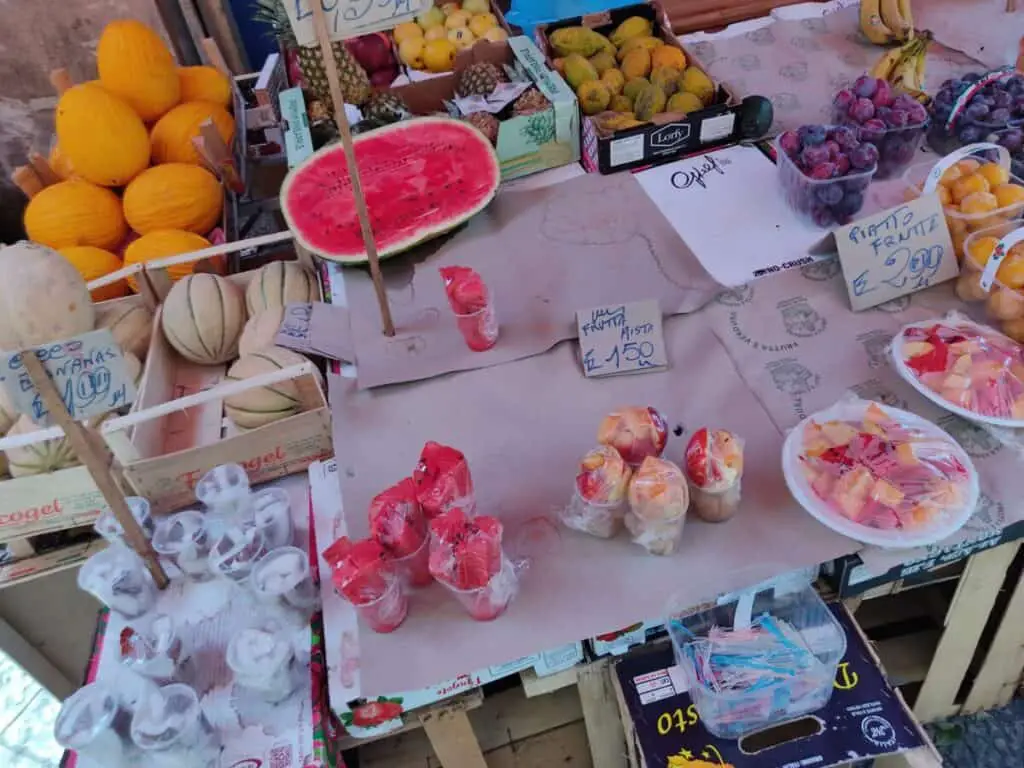
The other main tenet of the Mediterranean diet is olive oil. Uncooked olive oil is the condiment of choice for Italians.
At every meal, one to three tablespoons of uncooked extra-virgin olive oil are drizzled on all vegetables and salads, on meat and fish, and even sometimes on pasta which already comes with its own sauce.
It’s easy to see how this considerably bumps up intake of this very good fat. Olive oil has been shown to have a direct effect in slowing down ageing and improving skin appearance.
Italians drink water as their main drink, and carbonated and sugary drinks are not so popular. This means that they are possibly more hydrated, because sugar is a dehydrating food. Proper hydration is crucial in delaying and reducing the appearance of fine lines and wrinkles.
Italians are also really attentive to their diet, where their food comes from, and they are aware of the positive and negative health implications of what they eat.
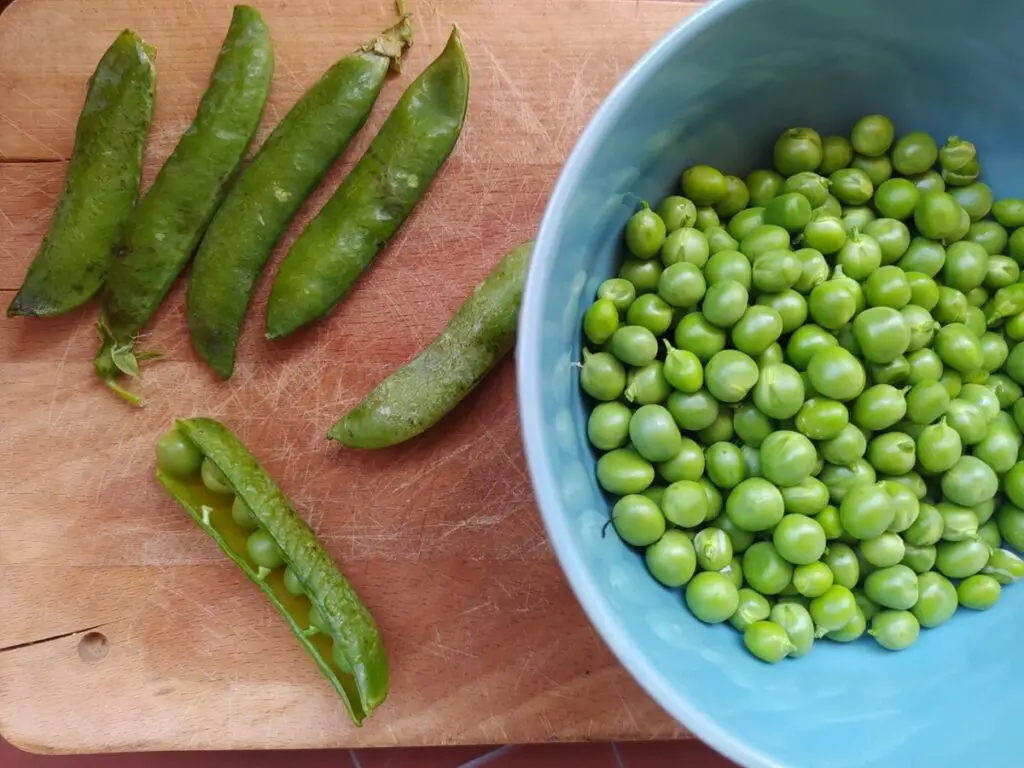
5. Heavy drinking is not part of the Italian culture
Binge drinking is not prevalent in the Italian culture. Consider this difference: between 2010 and 2013, the “share of drinkers who had had a heavy drinking session in the past 30 days” was 6.2% in Italy, against 33.4% in the UK and 24.5% in the US (source: ourwoldindata).
It is widely acknowledged that alcohol speeds aging by damaging internal organs, the liver and kidneys in particular. An overworked liver leads to oxydative stress, which is one of the main causes of aging. Alcohol causes dehydration of all tissues of the body, including our skin, therefore accelerating the development of wrinkles.
Italians drink prevalently wine, which is the least damaging form of alcohol, and mainly with meals, which helps limit its negative effects.
Final thoughts: Aging gracefully is within everyone’s reach
We must be careful to not over-generalize, and realize that not all Italians look young and age well. This is something that largely depends on lifestyle, and so individual histories and habits play a massive role in how young someone looks and how well they age.
This is good news for us all, because it means that, with some care and effort, we can all look younger and age gracefully.
The greatest lesson that we can learn from the Italian lifestyle about looking young is that the key to aging well is looking after ourselves and making healthy choices.


